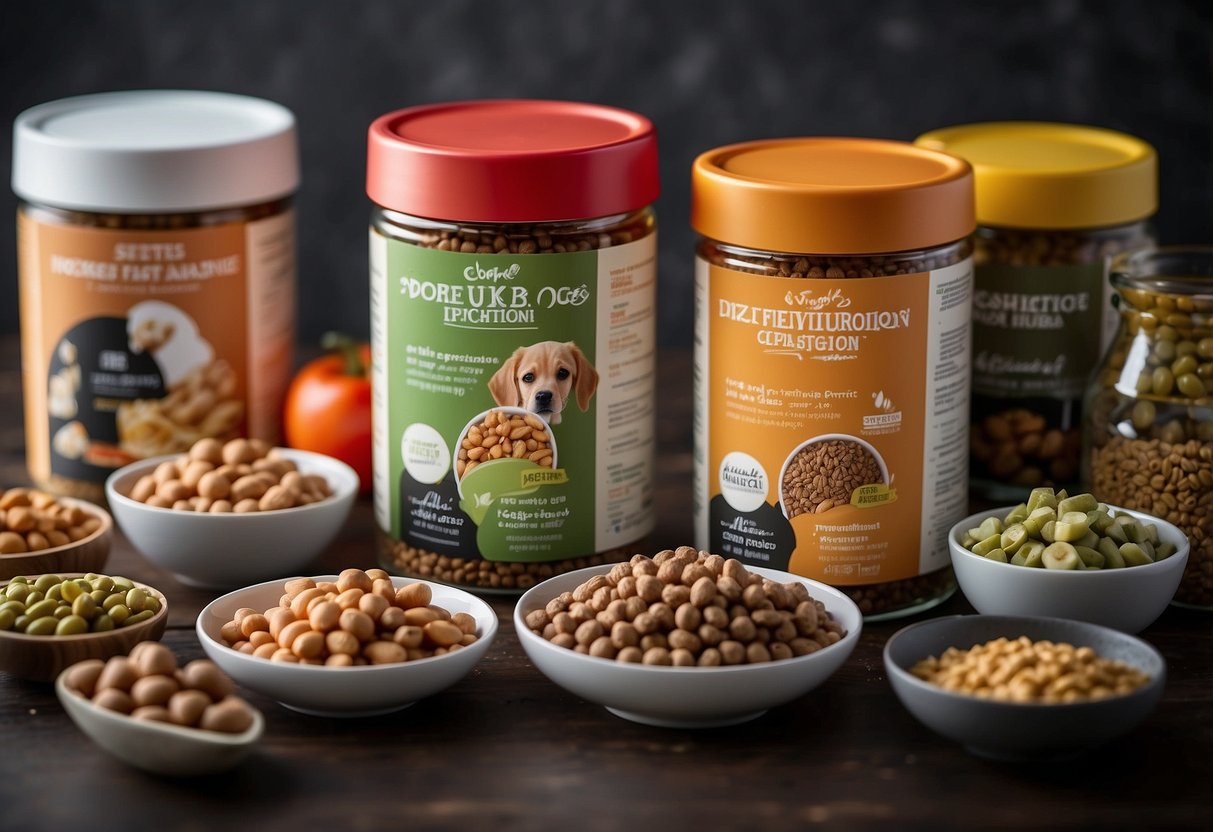
Finding the best diet for your dog can be a daunting task, given the plethora of options available. Understanding what nutrients and ingredients are essential for your dog’s health is crucial, as it ensures a balanced diet that promotes longevity and well-being. A well-rounded diet typically includes proteins, fats, carbohydrates, vitamins, and minerals tailored to your dog’s specific needs.
Different dog breeds may require different diets based on their size, activity level, and any health conditions they may have. For instance, larger breeds may benefit from a diet that supports joint health, while smaller breeds might need calorie-dense foods. It’s also important to consider any allergies your dog might have, which could necessitate a specialized diet.
Consulting with a veterinarian can provide personalized guidance on the best diet for your dog. Knowing what to feed your dog is not just about selecting premium brands or following trends; it’s about understanding their unique nutritional needs. By selecting the right diet, you can ensure your dog remains healthy, energetic, and happy throughout their life.
Understanding Canine Nutrition
Proper nourishment for dogs involves a balanced mix of macronutrients, vitamins, minerals, and water. Each of these components plays a crucial role in maintaining a dog’s health and well-being.
Macronutrients for Dogs
Dogs require a balanced intake of proteins, fats, and carbohydrates. Proteins are essential for muscle growth and repair. Meat, fish, eggs, and certain plant-based sources deliver high-quality protein.
Fats provide energy and support skin and coat health. Omega-3 and Omega-6 fatty acids, found in fish oil and flaxseed, are vital. Carbohydrates offer a quick energy source. Whole grains, vegetables, and fruits supply necessary carbs. A diet with the right macronutrient balance ensures dogs get sustained energy and vital body functions support.
Vitamins and Minerals Essentials
Vitamins and minerals are necessary for various bodily functions. Vitamin A supports vision and immune health. B vitamins aid in metabolism and energy production. Vitamin D is important for bone health.
Essential minerals like calcium and phosphorus are critical for bone structure. Zinc supports skin health. Dogs obtain these nutrients from a diverse diet including meat, vegetables, and fortified foods. It’s important to avoid deficiencies as they can lead to health problems. Balance is key.
The Role of Water in Canine Diets
Water is the most crucial component of a dog’s diet. It aids in digestion, nutrient absorption, and temperature regulation. Dogs need constant access to fresh water to stay hydrated.
Dehydration can lead to serious health issues. Wet dog food can supplement a dog’s water intake. On average, dogs need about an ounce of water per pound of body weight daily. Ensuring an adequate intake of water supports overall health and maintains bodily functions efficiently.
Types of Dog Diets
Different types of dog diets aim to meet various nutritional needs and lifestyle preferences for both dogs and their owners. Common options include commercial dog foods, raw food diets, home-cooked meals, and grain-free alternatives. Each has its own benefits and considerations.
Commercial Dog Foods
Commercial dog foods are widely available and come in various forms such as dry kibble, canned wet food, and semi-moist options. These products are formulated to provide balanced nutrition and are regulated to ensure they meet certain standards.
Most commercial dog foods contain a mix of proteins, carbohydrates, fats, vitamins, and minerals. They often include meat or meat by-products, grains, vegetables, and added nutrients. Because they are convenient and have a long shelf life, they are a popular choice.
Raw Food Diets
Raw food diets involve feeding dogs uncooked animal products such as meat, bones, organs, and certain fruits and vegetables. Proponents believe this mimics a natural diet similar to what wild dogs eat, providing benefits like healthier skin and coats, increased energy, and improved dental health.
The raw food diet requires careful planning and preparation to ensure it’s nutritionally balanced. Handling raw meat also presents risks of bacterial contamination, so it’s important to follow safe handling practices. Consulting a veterinarian is recommended before starting a raw diet.



